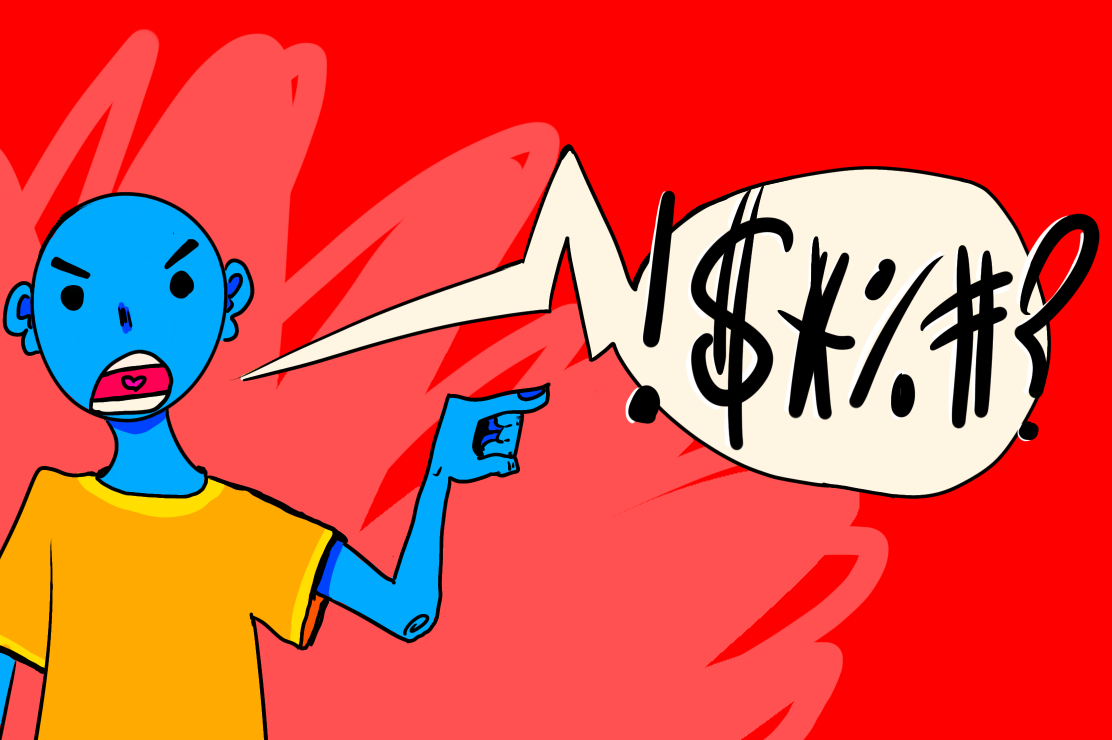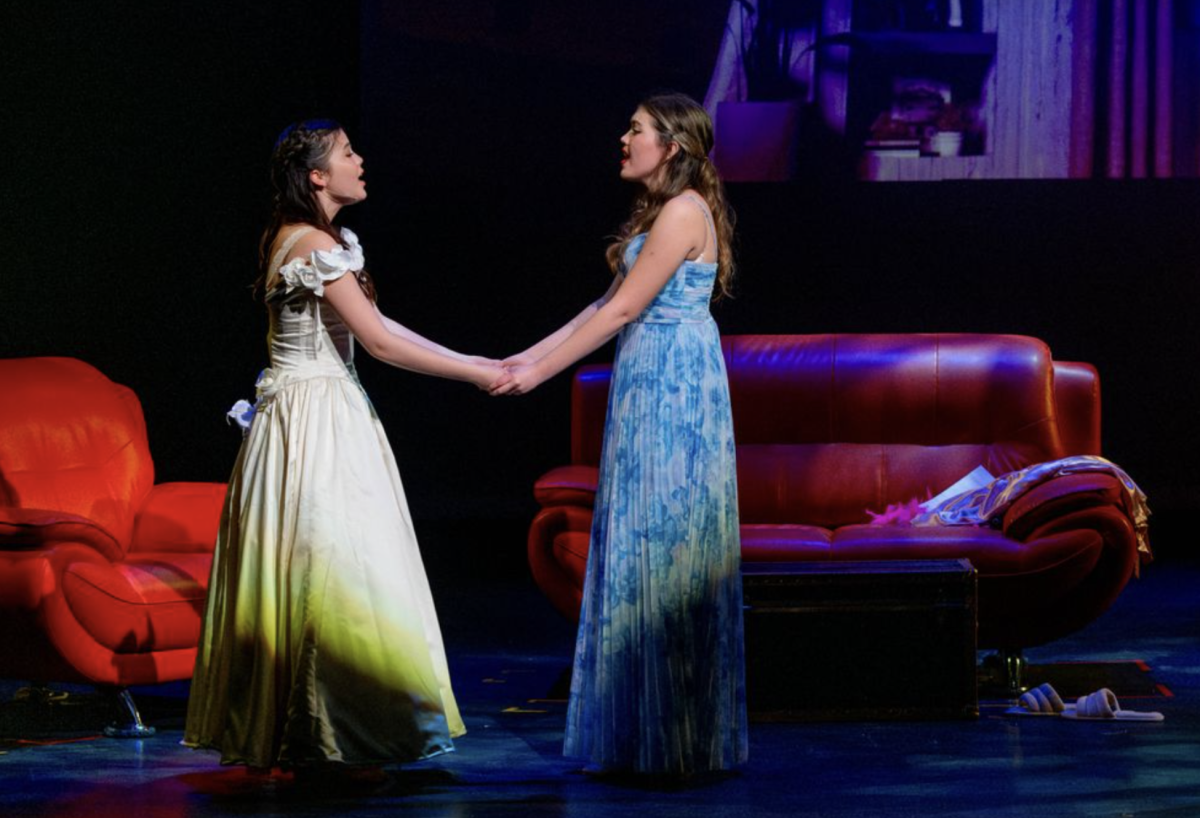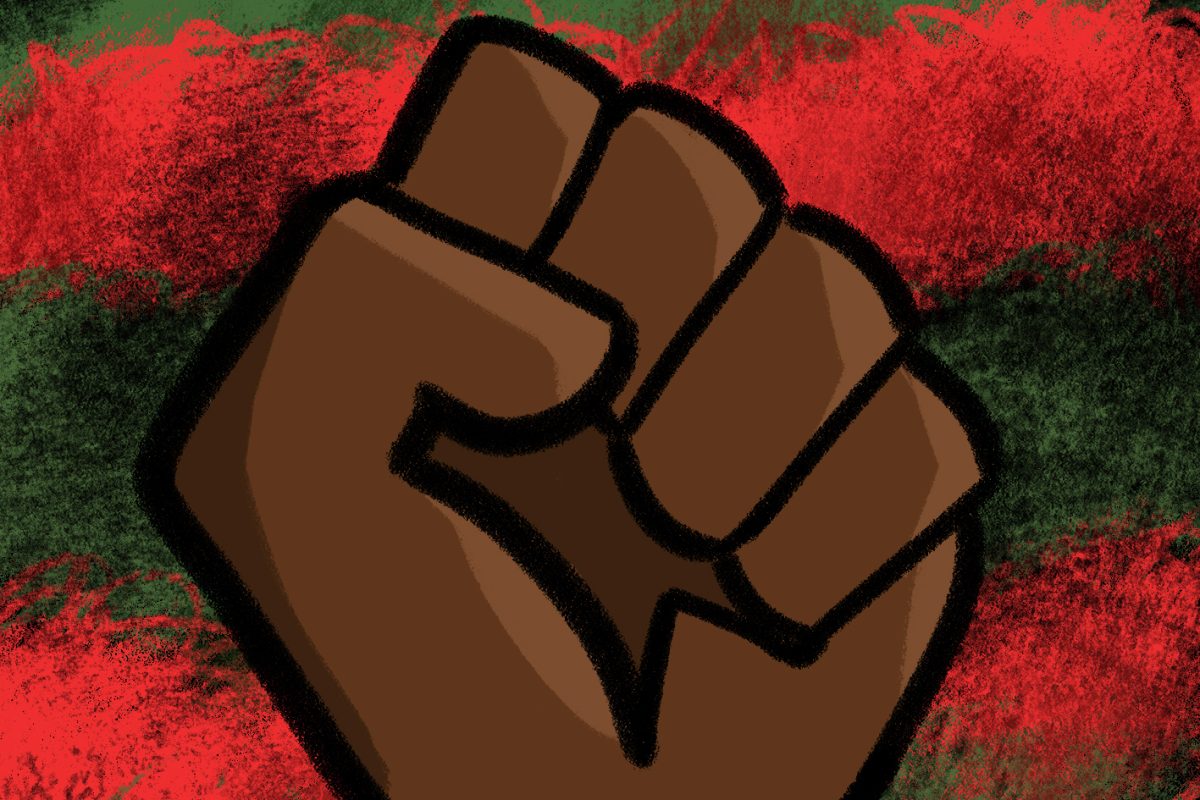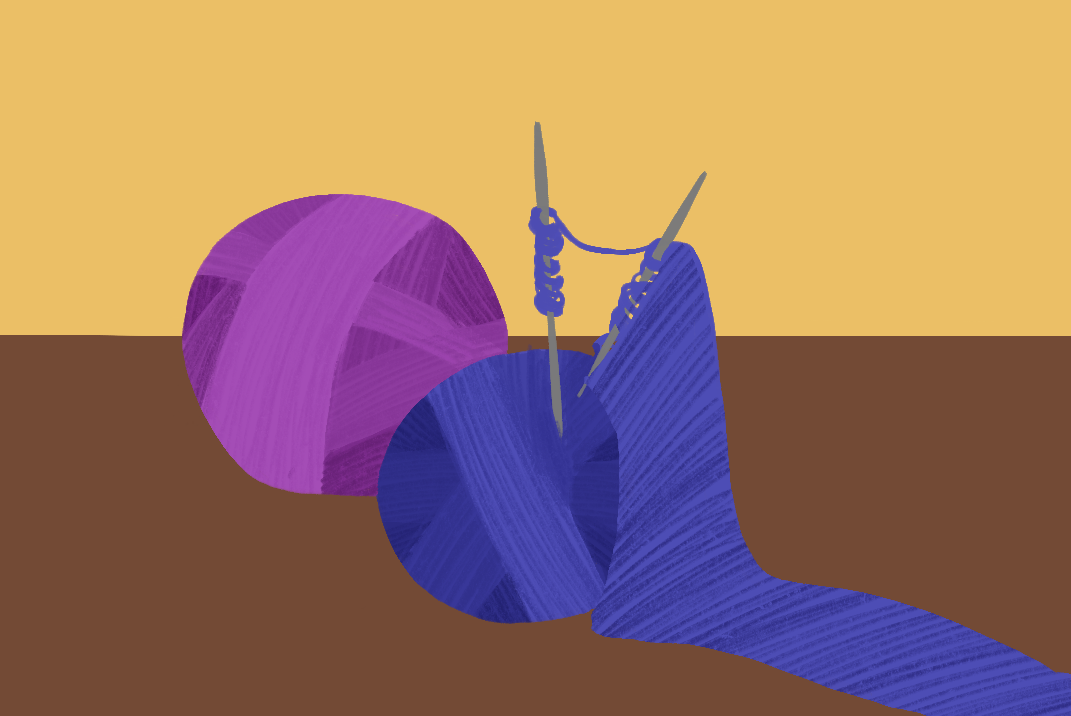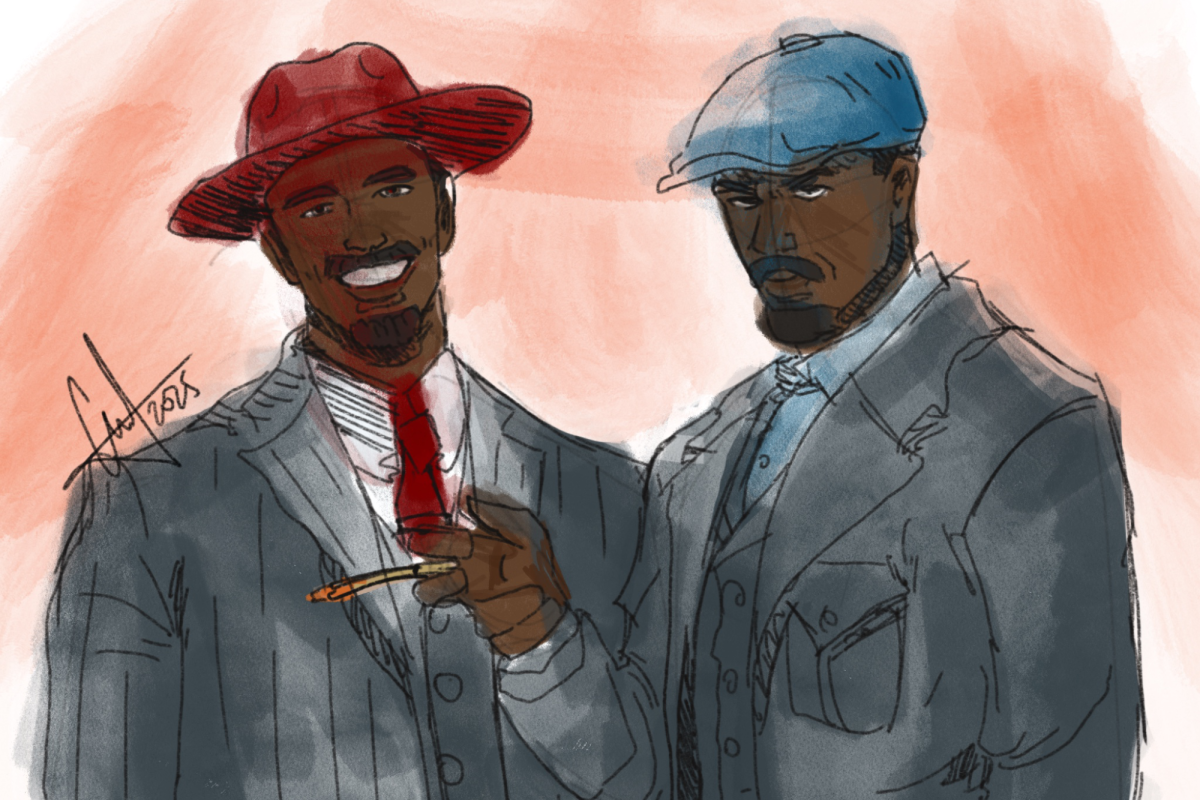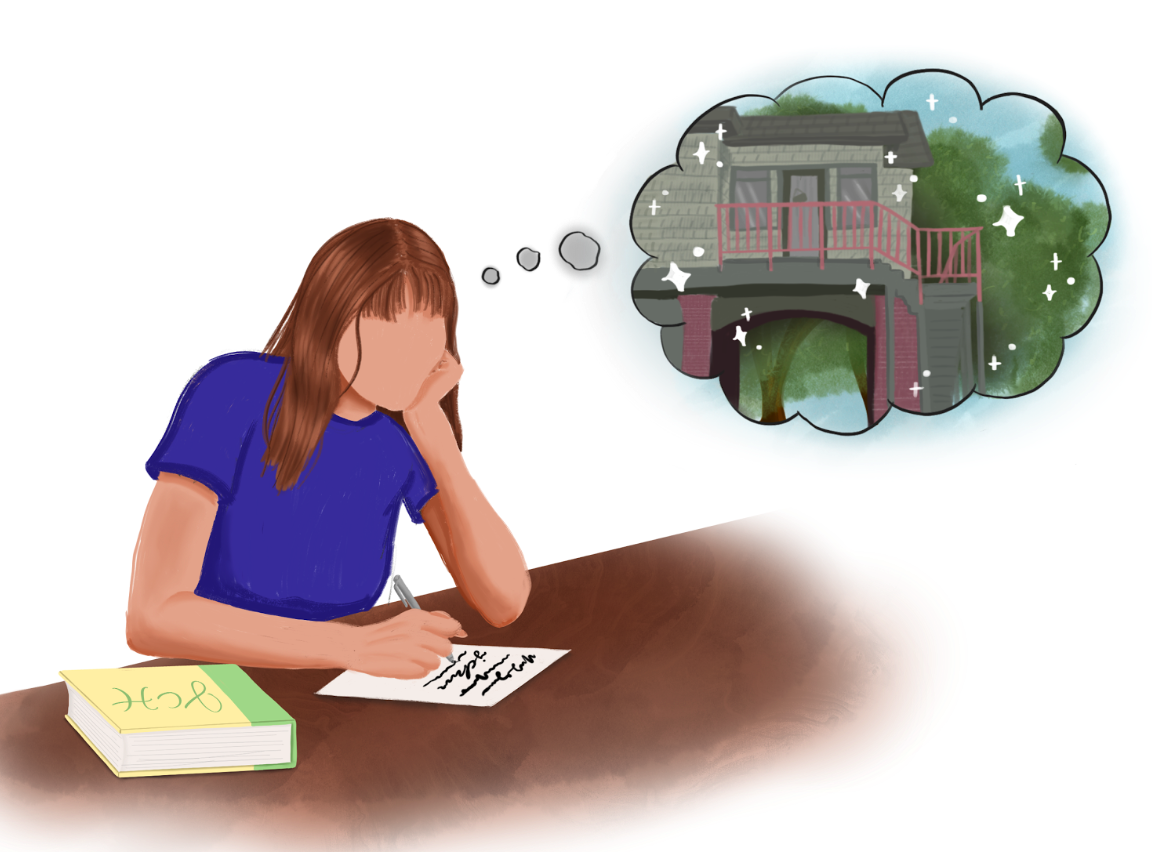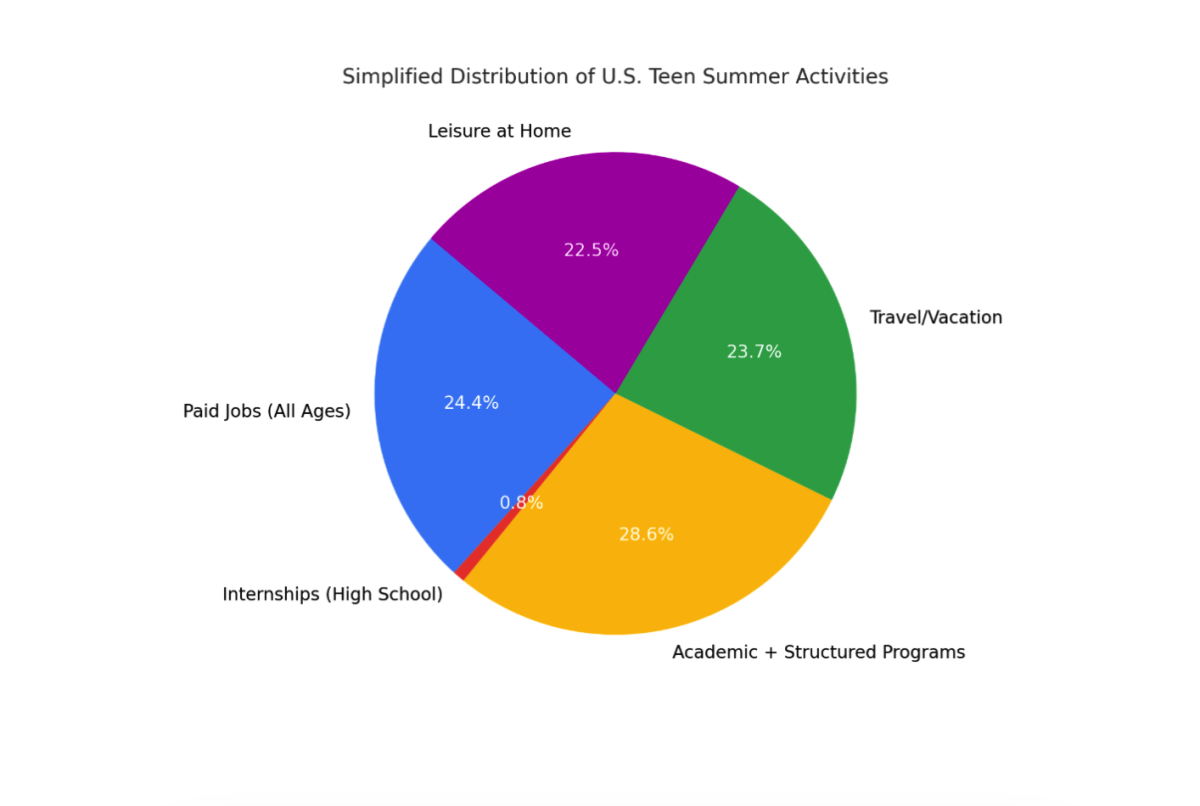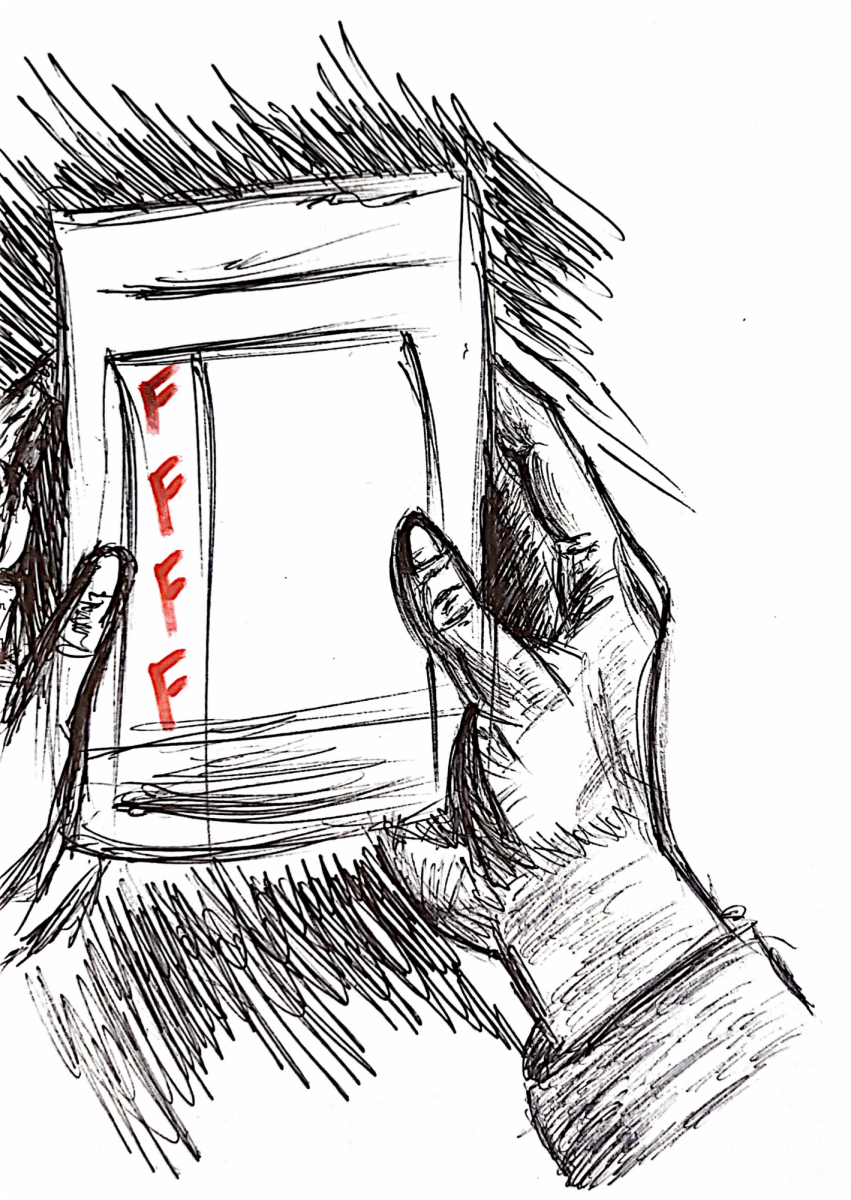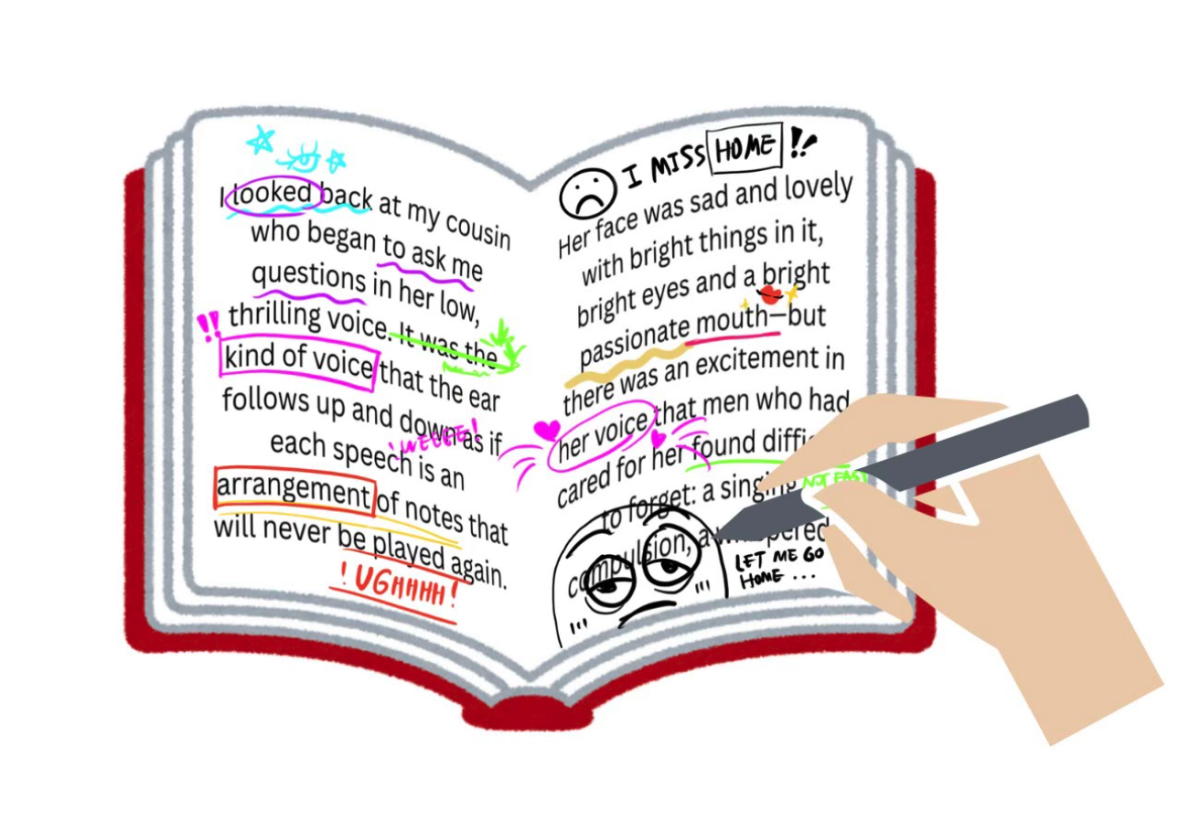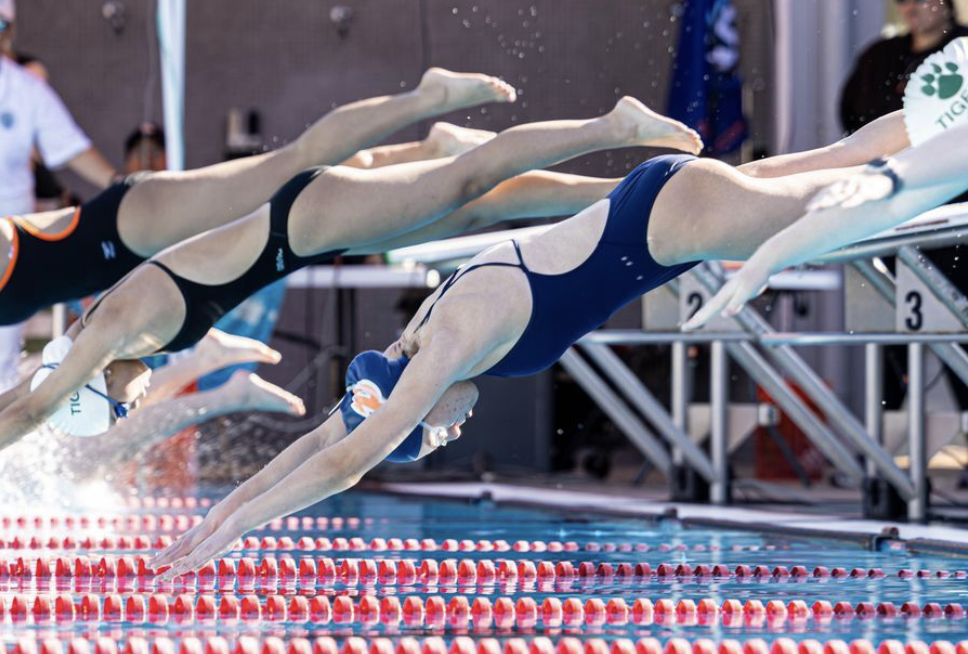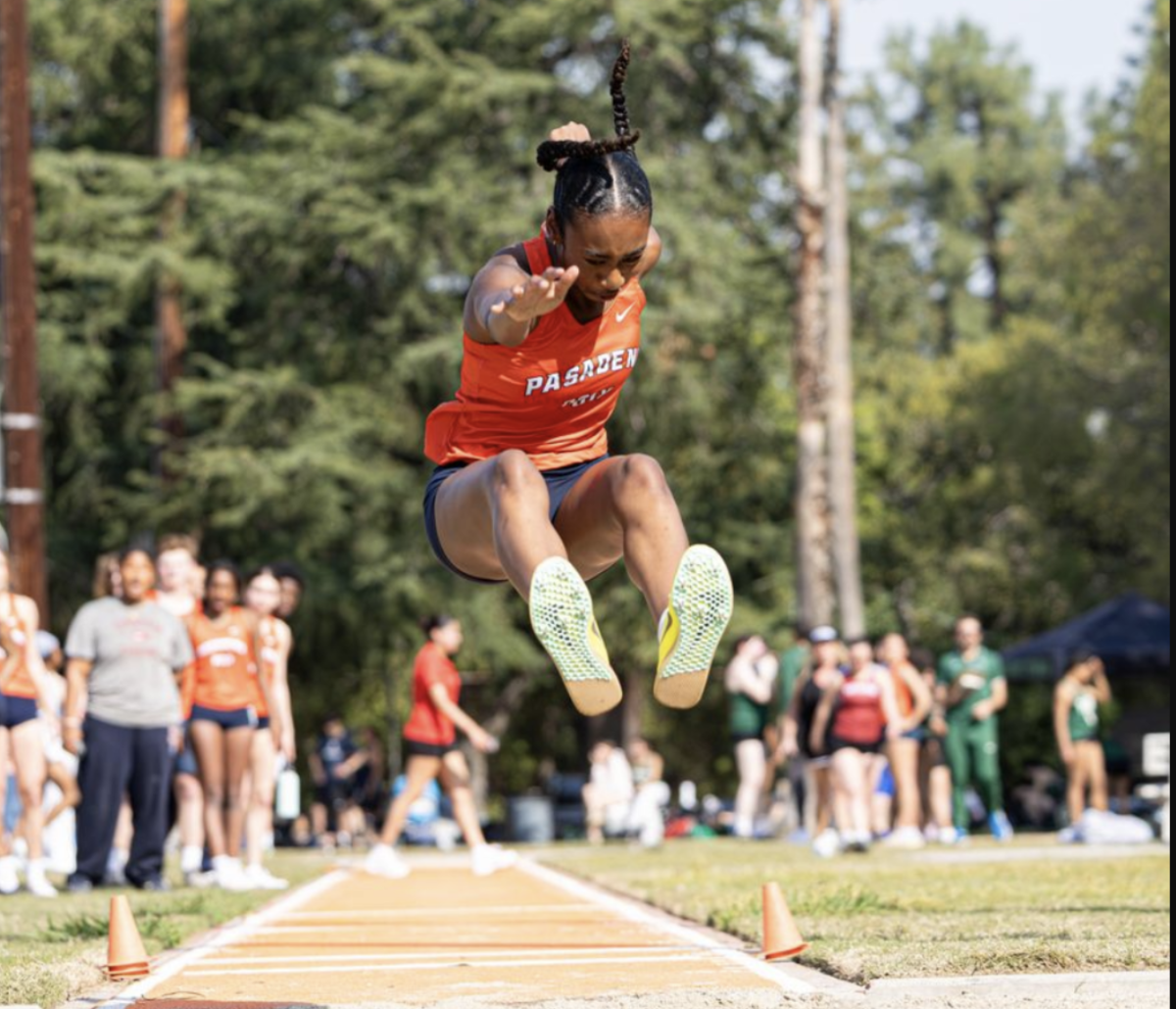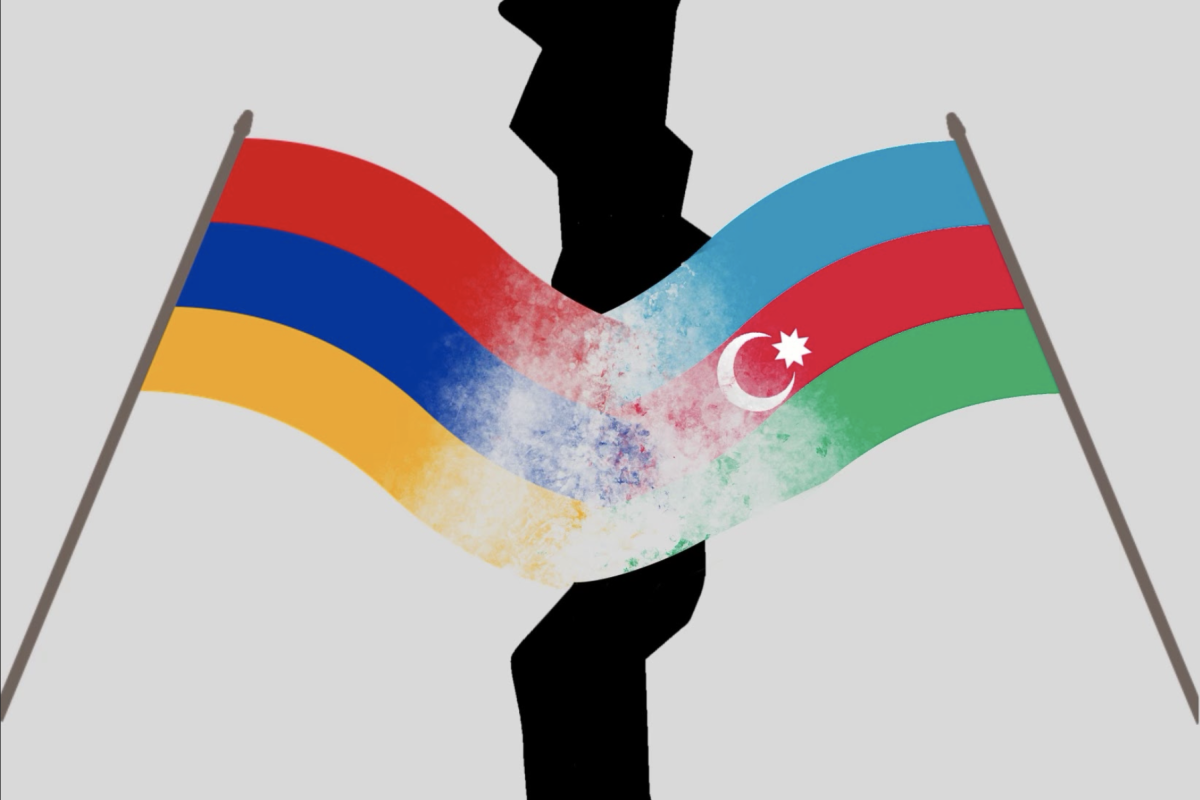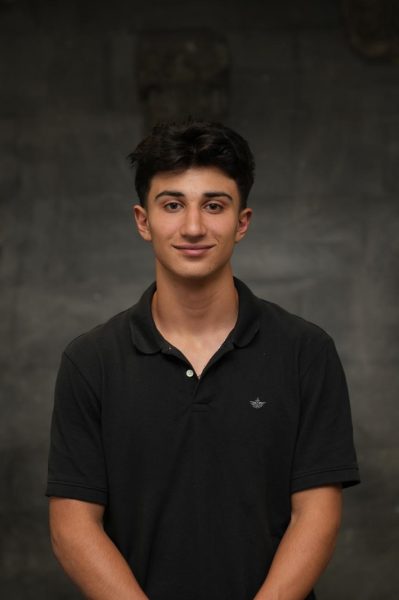In September 2023, more than 100,000 Armenian residents of Nagorno-Karabakh exited their ancestral homeland in one week, following another unprovoked and large-scale military offensive by Azerbaijan that killed two hundred civilians in the region. This attack came after more than nine months of blockade and starvation by Azerbaijan. During his testimony before the United States Congress, Luis Gabriel Moreno Ocampo, former prosecutor of the International Criminal Court, stated that this state- endorsed strike was consistent with the definition of “genocide” as outlined under Article II(c) of the Genocide Convention.
“It is painful to see Armenians in the region forced to abandon their homes, livelihoods and thousands of years of history,” said sophomore Nicholas Ashjian, a member of the Armenian Culture Club. “Churches built as early as the fourth century, which have remained in current use until recently, are now left deserted.”
The mass exodus punctuates a war initiated in September 2020, when Azerbaijan attacked the Armenians of Nagorno-Karabakh in violation of a ceasefire in effect since the 1994 Armenian victory. After 44 days of bombardment, the Armenians capitulated, and Russian president, Vladimir Putin, instituted a Russian peacekeeping mission to protect the civilian population. The peacekeepers, however, failed to maintain peace in Nagorno-Karabakh during this last month; in fact, they did not intervene during the Azeri blockade, opening the door for the Azerbaijani military to attack Armenians with impunity. Several Russian peacekeepers died during the attack, and the remaining Armenian population was forced to leave or face death.
Since its establishment in 1991, Armenia has been a democracy situated between nations with autocratic regimes. Azerbaijan’s president, Ilham Aliyev, has held the seat since the 2003 passing of his father, the former president. Aliyev’s wife serves as vice president of the country. Azerbaijan ranks among the bottom globally in human rights and freedom of press. The Aliyev regime is known for corruption and for “caviar diplomacy,” the buying of support from foreign regimes through lavish gifts funded by wealth generated from oil extracted from the Caspian Sea.
In 2018, Armenia elected Nikol Pashinyan, a journalist, as its prime minister. Pashinyan immediately sought to dismantle corruption in Armenia, especially with respect to the prosecution of former pro-Russian leadership. These actions angered Russian leaders, Armenia’s protector, exposing Armenia to risk of attack from enemies such as Azerbaijan, who knew that the Armenian-Russian alliance was fragile.
“Today, Armenia has the choice to either adapt to the realities of its condition or face the threat of continued violation by its neighbors,” shared junior co-president of the Armenian Culture Club, Lillian Shamamian.
Armenia stands at a critical crossroads: the country can continue to pursue pro-Western ideals or it can rekindle its alliance with Russia. Most Armenians today are wary of Russia, however, having considered their behavior in Nagorno-Karabakh treachery, therein creating an opportunity for the West to create a foothold in the South Caucasus.
“By establishing a strong military and humanitarian presence in Armenia, Western powers can align with a fellow democratic country,” said junior co-president of the Armenian Culture Club, Ani Hovsepyan.
Moreover, by guaranteeing political stability and safety of Armenia, the West can undermine the Russian sphere of influence in the South Caucasus.
With the reheating of tensions between Armenia and Azerbaijan, Armenian diasporic communities around the world have responded with acts of support and solidarity, notably the Los Angeles County diaspora, home to the largest Armenian community in the United States. Poly will host a GIP event on the topic on Wednesday, Nov. 8. The Armenian Culture Club will also host several meetings, welcoming all who are interested in or impacted by the conflict to listen and share.
With such prolonged violence in the region becoming commonplace, only time will tell what will happen to the Armenian refugees of Nagorno-Karabakh.

